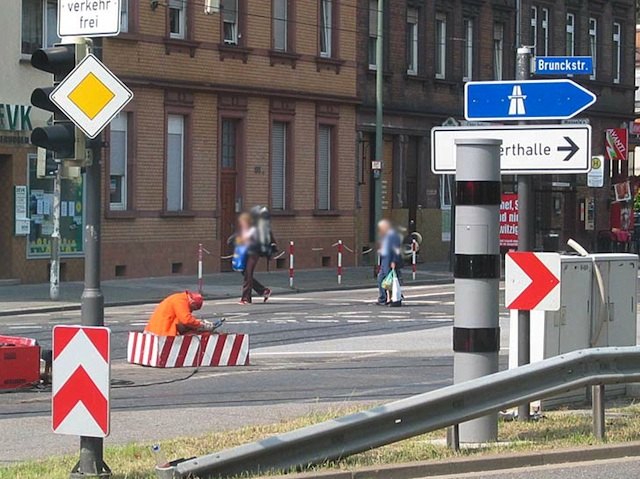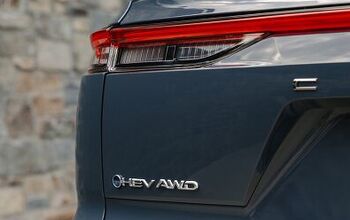German Court Questions Laser Speed Camera Accuracy
A German court last month overturned a traffic citation after prosecutors failed to prove the accuracy of a new laser-based speed camera technology. The district court of Dillenburg heard testimony from four experts, each of whom cast doubt on the system. The judge concluded that the motorist accused by a Poliscan automated ticketing machine of driving 96km/h (60 MPH) in a 40 (25 MPH) zone was not guilty.
Manufactured by Vitronic in Germany, the Poliscan system is mounted in tall roadside poles or in a more compact mobile version. It uses lidar to estimate a vehicle’s speed across multiple lanes over a distance of 130 feet. Vitronic boasts that the ability to simultaneously track multiple, individual cars on a multilane highway gives its product a competitive advantage over conventional products that use radar or in-pavement sensors to estimate speed.
About 100 of the devices were installed in Mannheim in 2007. Since then, 19,000 motorists have complained about erroneous readings. The expert witnesses testified that changing lanes or having a vehicle cross between your car and the camera could generate spurious readings. As the court found, there is no external means of verifying that the speed estimate generated is accurate.
Vitronic counters the criticism by admitting the theoretical accuracy problem is irrelevant when compared to the hundreds of thousands of tickets that have been “confirmed with approvals of competent state authorities.” Nestor Traffic Systems had exclusive rights to distribute the Poliscan system in the US before going bankrupt. American Traffic Solutions acquired Nestor earlier this year.
The court case number is 3 OWi 2 Js 54432/09.
[courtesy thenewspaper.com]
More by The Newspaper


































Comments
Join the conversation